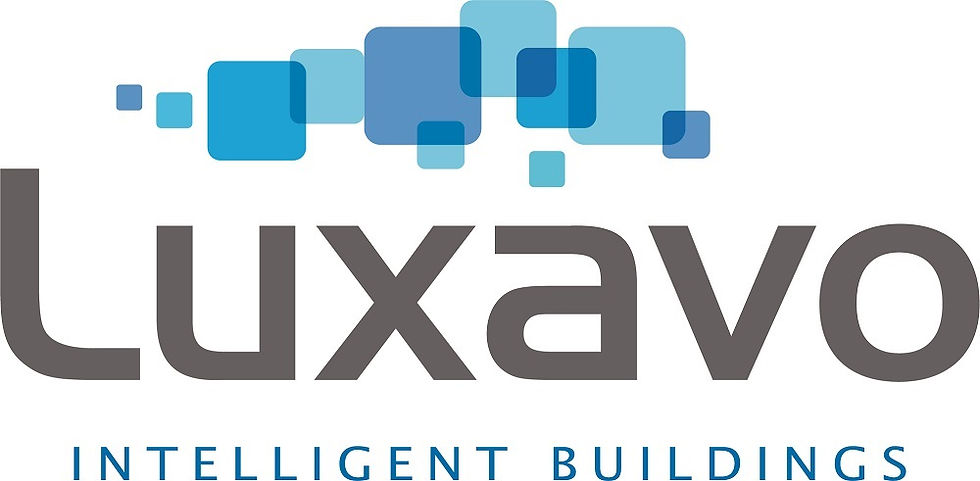Optimum intuitive control of your living and working environments.
- greg2950
- Feb 16, 2024
- 2 min read
Smart integrated control systems for Heating, Cooling, and Ventilation (HVAC) offer a sophisticated approach to managing indoor climate conditions efficiently and intuitively. These systems leverage advanced technologies to optimise energy usage, enhance comfort, and adapt to changing environmental factors.

Incorporating intelligent interfaces, these systems provide users with intuitive control over heating, cooling, and ventilation settings. Users can easily adjust temperature levels, airflow rates, and ventilation modes through user-friendly interfaces, such as smartphone apps or touch-screen panels. These interfaces often feature intuitive design elements, such as visual indicators and straightforward menus, to streamline the user experience.
One of the key aspects of smart integrated control systems is their ability to adapt to various environmental conditions automatically. For instance, sensors can detect factors like doors being open or sunlight streaming into rooms, and the system can adjust heating settings accordingly. When a door is opened, causing a sudden influx of cold air, the system can temporarily increase heating output to maintain the desired temperature. Similarly, if sunlight increases the temperature in a room, the system can reduce heating or cooling to prevent energy waste.

Compensation for doors being open or sunlight entering rooms is achieved through intelligent algorithms and sensor networks. These algorithms analyse data from sensors installed throughout the building, including door sensors and light sensors, to detect changes in environmental conditions. When a door is opened or sunlight is detected, the system receives this information and initiates appropriate adjustments.

For instance, if a door is opened, the system may temporarily increase heating output in nearby zones to compensate for the heat loss. Similarly, if sunlight increases the temperature in a room, the system may reduce heating or cooling output to maintain optimal comfort levels without unnecessary energy consumption.
Intelligent integrated control systems can also learn from historical data and user preferences to anticipate and pre-emptively adjust settings. By analysing patterns in occupancy, weather forecasts, and past usage, these systems can proactively optimize HVAC operations to maximise comfort and energy efficiency.

In conclusion, smart integrated control systems for HVAC offer a sophisticated solution for managing indoor climate conditions effectively. With intuitive interfaces and advanced algorithms, these systems can seamlessly integrate with heating, cooling, and ventilation systems while compensating for environmental factors like doors being open or sunlight entering rooms, ultimately enhancing comfort and reducing energy consumption.
Speak to one our team:
Speak with a Luxavo specialist today about your residential or commercial intelligent HVAC control system.
Email: info@luxavo.ie or Phone: (01) 908 1202 or (042) 942 0261






Comments